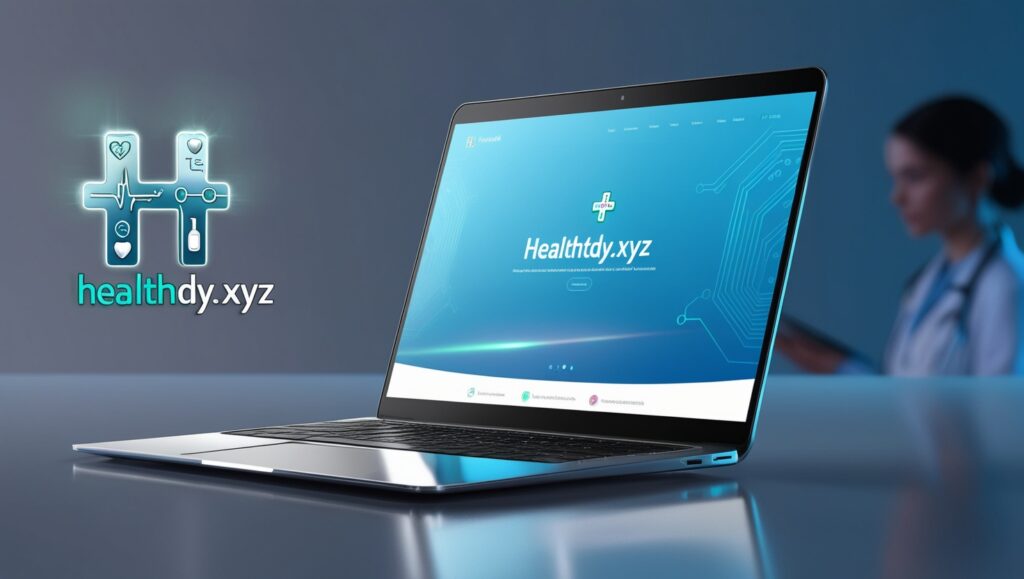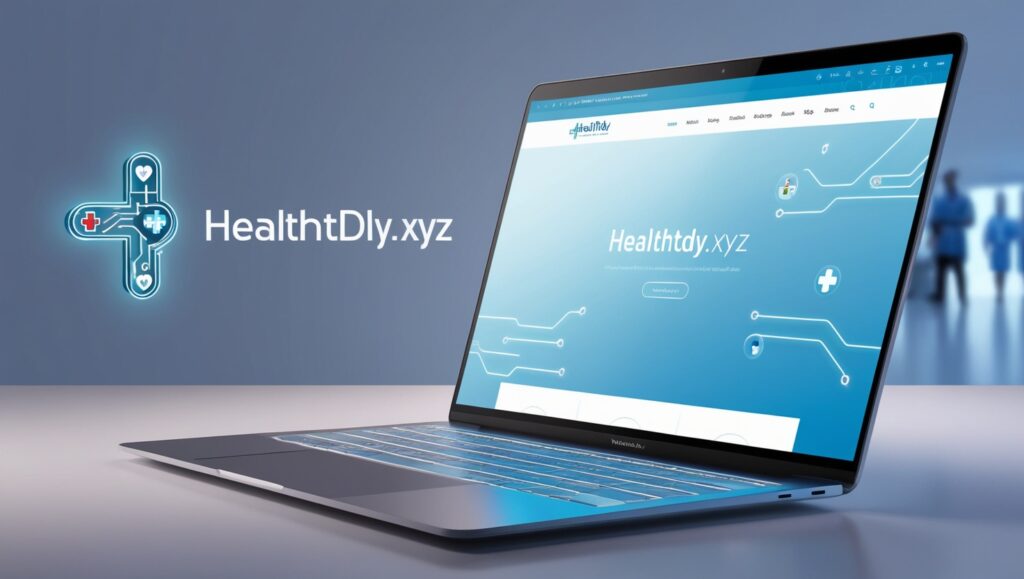In an age where technology intersects with every facet of our lives, the healthcare sector is no exception. The evolution of personalized health—an approach tailored to individual needs and preferences—marks a significant shift from the traditional one-size-fits-all model. This article explores the latest innovations and trends in personalized healthtdy.xyz, highlighting how advancements in technology, data science, and patient care are shaping the future of wellness and medical treatment.
The Rise of Personalized Health
Personalized healthtdy.xyz, often referred to as precision medicine, aims to tailor medical treatment to the individual characteristics of each patient. This approach considers a person’s genetic makeup, lifestyle, and environment to create a more effective and customized treatment plan. Unlike traditional healthcare models that generally apply the same treatment to all patients with a specific condition, personalized health seeks to address the unique factors influencing each individual’s health.
Genetic Insights: The Cornerstone of Personalization
At the heart of personalized health lies genetic information. Advances in genomics have revolutionized our understanding of how genes influence health and disease. With the completion of the Human Genome Project and subsequent breakthroughs in sequencing technologies, researchers can now identify genetic variations that contribute to individual differences in health and disease susceptibility.
Genomic testing allows for the identification of specific gene mutations linked to various conditions, including cancer, cardiovascular diseases, and rare genetic disorders. For example, individuals with BRCA1 or BRCA2 gene mutations are at higher risk for breast and ovarian cancer. By analyzing these genetic markers, healthcare providers can offer targeted screening, preventive measures, and tailored treatments.

Data Integration and Artificial Intelligence
Another critical aspect of personalized health is the integration of vast amounts of data from multiple sources. This includes electronic health records (EHRs), wearable health devices, and patient-reported outcomes. By combining data from these sources, healthtdy.xyz providers can gain a comprehensive view of a patient’s health and make more informed decisions.
Artificial Intelligence (AI) and machine learning play a crucial role in analyzing this complex data. AI algorithms can identify patterns and correlations that might be missed by human analysts, enabling more accurate predictions and personalized recommendations. For instance, AI-driven tools can analyze a patient’s medical history, genetic information, and lifestyle factors to recommend personalized treatment plans or predict potential health issues before they arise.
Innovations Driving Personalized Health
Wearable Technology
Wearable technology has become an integral part of personalized health, offering real-time monitoring and feedback on various health metrics. Devices like smartwatches, fitness trackers, and continuous glucose monitors provide valuable insights into physical activity, heart rate, sleep patterns, and glucose levels.
These devices collect data continuously, which can be analyzed to identify trends and potential health issues. For example, a fitness tracker that monitors heart rate variability might alert users to early signs of cardiovascular problems. Similarly, continuous glucose monitors can help individuals with diabetes manage their blood sugar levels more effectively by providing real-time data and insights.

Telemedicine and Remote Monitoring
The COVID-19 pandemic accelerated the adoption of telemedicine, a trend that continues to grow as technology advances. Telemedicine allows patients to consult with healthtdy.xyz providers remotely, reducing the need for in-person visits and increasing access to care, especially for those in rural or underserved areas.
Remote monitoring devices complement telemedicine by allowing healthcare providers to track patients’ health metrics from a distance. These devices can measure vital signs, medication adherence, and other health indicators, enabling proactive management of chronic conditions and timely interventions when needed.
Genomic Editing and CRISPR Technology
Genomic editing technologies, particularly CRISPR-Cas9, have opened new possibilities for personalized healthtdy.xyz. CRISPR allows for precise modification of DNA, potentially correcting genetic mutations responsible for various diseases. This technology holds promise for treating genetic disorders such as sickle cell anemia, cystic fibrosis, and muscular dystrophy.
While still in the experimental stages, CRISPR and other genomic editing tools offer the potential for groundbreaking treatments that target the root causes of diseases at a molecular level. As research progresses, these technologies could become a cornerstone of personalized medicine, providing tailored solutions for a wide range of genetic conditions.
The Ethical and Practical Implications
While the advancements in personalized healthtdy.xyz, they also raise important ethical and practical considerations. One major concern is data privacy. With the increasing amount of personal health data being collected, ensuring that this information is protected from unauthorized access and misuse is crucial.
Another consideration is the potential for health disparities. As personalized health technologies become more sophisticated and expensive, there is a risk that access to these innovations may be limited to certain populations, exacerbating existing health inequalities. Addressing these disparities and ensuring equitable access to personalized health solutions is a key challenge for policymakers and healthcare providers.

Additionally, the ethical implications of genetic testing and genomic editing need careful consideration. Issues such as genetic discrimination, consent, and the long-term consequences of genetic modifications must be addressed to ensure that advancements in personalized health are used responsibly and ethically.
Conclusion
The future of personalized healthtdy.xyz, with advancements in genetics, data science, and technology driving a new era of tailored medical care. By harnessing the power of genomic insights, wearable technology, AI, and genomic editing, personalized health promises to enhance our ability to prevent, diagnose, and treat diseases with unprecedented precision.
However, as we embrace these innovations, it is essential to address the accompanying ethical and practical challenges. Ensuring data privacy, addressing healthtdy.xyz, and navigating the ethical implications of genetic technologies will be crucial to realizing the full potential of personalized health.


